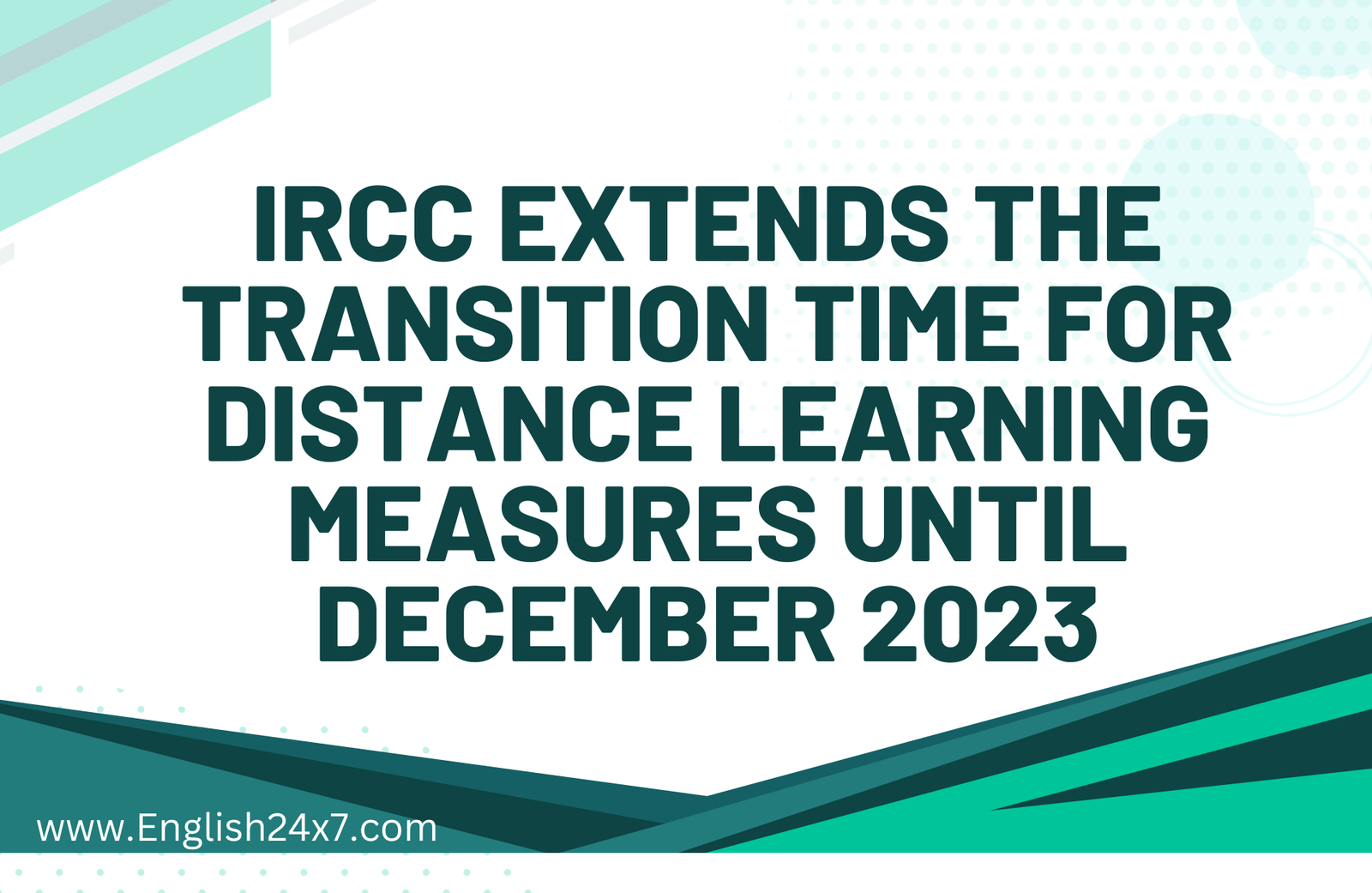
Universities in Australia claim that the immigration system is unfit for its purpose
Universities Australia warned that Australia's immigration policy is ineffective at enticing foreign students to stay and work there.
In a report to the Universities Accord, a government review of the nation's higher education system, the organisation said that with 16% of international students going on to become permanent residents, Australia's retention of foreign students has lagged behind that of other popular studies abroad destinations.
The committee wrote that in order to supplement the skills and abilities of our domestic workforce, we need more of them to stay in Australia when they graduate.
Universities Australia attributed this brain drain to the current immigration system, blaming it for being unnecessarily complicated and putting off talented employees and researchers.
One of the suggestions made by the group to the government was to do away with the demand for a genuine temporary entrant visa, which requires potential overseas students to demonstrate their intent to return home following their studies.
The organization also advocated for giving temporary graduate visas to all overseas students who successfully complete the necessary courses and satisfy any applicable character requirements.
Other industry organizations have reiterated requests for improvements to the immigration system. Independent Higher Education Australia has suggested eliminating visa costs to increase competition with other nations and calling for more pathways to permanent residence.
The organization suggested that Australia at the very least follow an accepted worldwide practice and only collect money once an application has been approved.
In order to offer protection and guarantee that agents are acting in the best interests of students, IHEA also suggested establishing an international agent registration system.
The Accords take a wide view of the Australian higher education system, examining finance, access, and collaborations with the sector of vocational training.
Numerous organizations have demanded that institutions and the government come to separate agreements.
According to Luke Sheehy, executive director of the Australian Technology Network of Universities, each university should also have its own accord, negotiated with a separate expert authority, that would set goals for its own community and distribute government funding. We call this an Accord of Accords.
These five-year agreements will give colleges direction, assurance, and accountability while assuring they have the money they require to serve their communities.
Research was a major topic in the submissions, and the Group of Eight called for increased funding and a national research agenda.
According to Vicki Thomson, CEO of Go8, the current research system, which depends on overseas student fees for survival, is unsustainable.
Australia as a whole has an issue with this. The success and well-being of our country depend critically on research. Most individuals are unaware of the extent to which science raises living standards.
According to Sheehy, the research capacity and global reach of our institutions are important national assets that should be preserved and improved.
Universities have also lately contributed to a legislative probe of the international education sector as well as the government's current examination of the migration system.
The Accords panel is scheduled to deliver an interim report to Australia's education minister in June.







